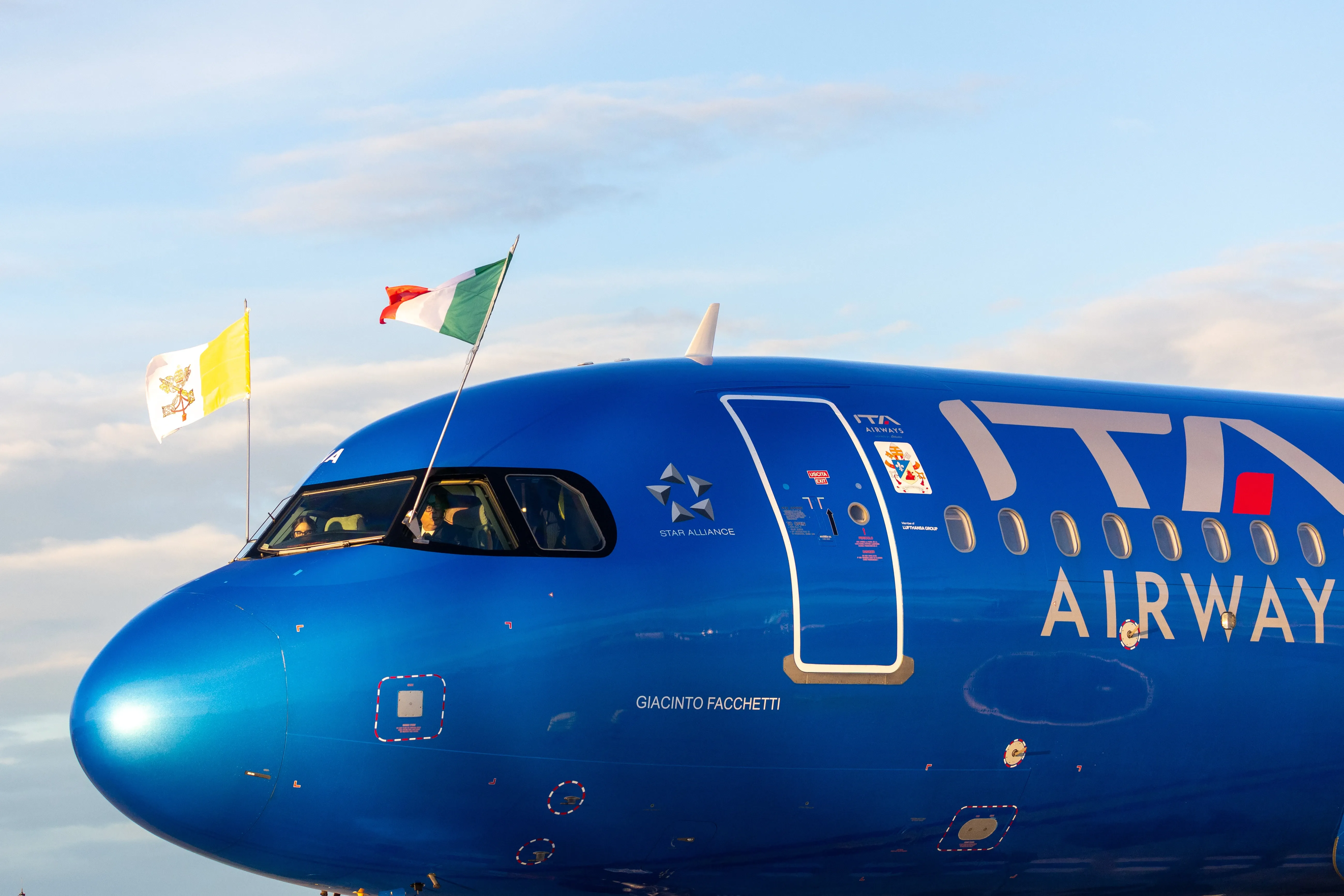The professor noted that those to be evangelized must be considered, while remembering also “that even in the most remote places in Africa, globalization has already arrived.”
According to Cholvy, the Institut Catholique de Paris “welcomes 50% of all doctoral students of Sub-Saharan origin,” and La Croix noted that many African priests and religious are educated in Europe.
The conference discussed Africa's responsibility for mission; the family; and the relationships between faith and culture, and the Church and society.
Among the speakers at the conference was Fr. Leonard Santedi, rector of the Catholic University of the Congo, who said that SECAM “pursues common reflection above all,” and that “our voice needs to become stronger, less timid and be raised as it has been against Boko Haram in Nigeria.”
According to La Croix, self-reflection on the Church in Africa is hardly a new phenomenon; it noted the 1956 publication of “Des pretres noirs s'interrogent” (“Black priests challenge us”), which has been called “the birth of African theology”. The work, which La Croix said “led to the launch of reflection on African Christianity”, is a collection of more than 10 essays, with a preface by the then-Archbishop of Dakar, Marcel Lefebvre.
In May 2018 SECAM met with representatives of the German bishops' conference to discuss integral human development, with both groups affirming their need to continue the work of evangelization. Such meetings have been occuring every four to five years since 1982.
The bishops pointed to poverty, misery, disease, and despair in Africa “caused by human greed and corruption, injustices of all kinds and violence and fratricidal wars,” and in Europe, a “dearth of spiritual values, excessive materialism and consumerism, individualism, little or no of respect for the life and rights of the unborn, of the aged and the infirm.”
“All of these evils .. point to the fact that as Church we still have a lot to do in our evangelization mission,” they affirmed.




